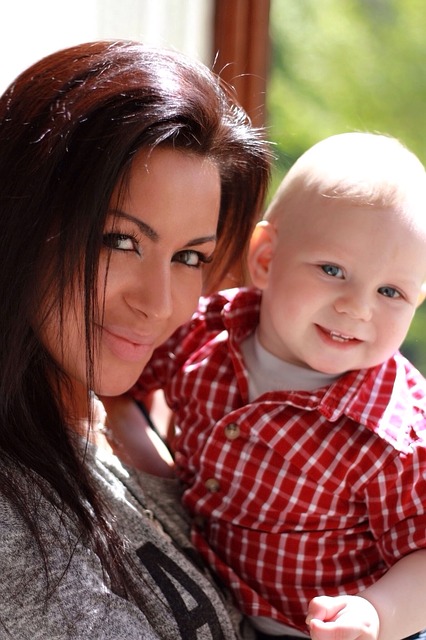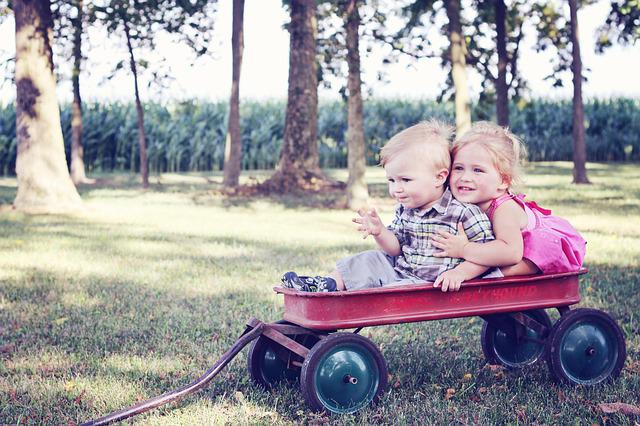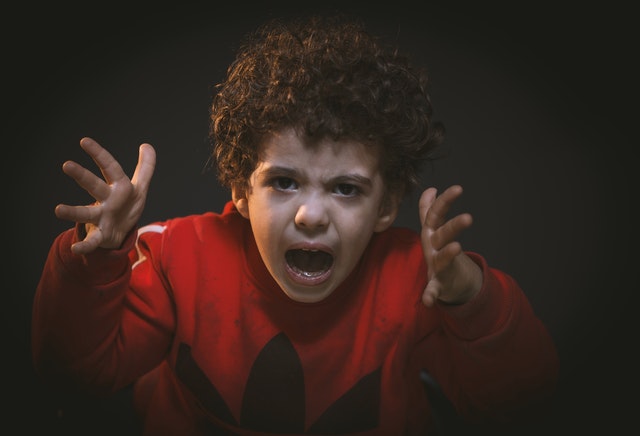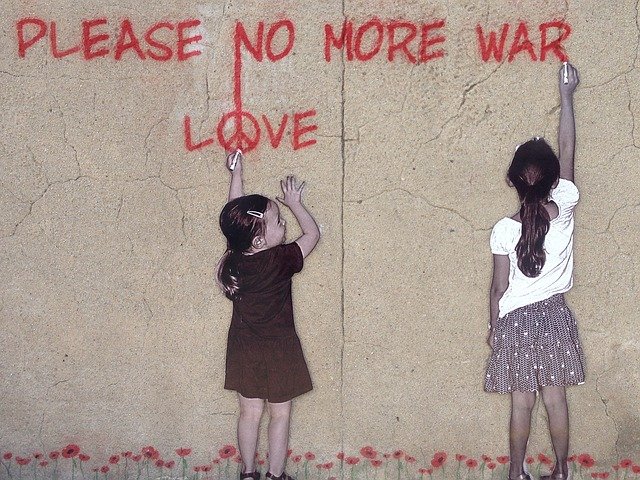
Some resistance to authority is normal in children. As they get older and begin to find their place in the world and learn to handle their everyday stresses in life, some misbehavior is natural.
When we’re talking about the chronically disobedient child, however, we aren’t talking about a three-year-old with occasional tantrums or a child who may not want to share their toys with other kids. Chronically disobedient means regularly balking authority or behaving in ways that consistently challenging when an adult tells them they need to do something.
When assessing if your child may be chronically disobedient, there are some things you should trouble shoot and try to find out before jumping to conclusions about a possible behavioral or other developmental condition. Examining the possible sources of this unrest, as well as it’s frequency, whether it was a sudden onset, or if things in the household may be triggering this rebellion are key to figuring out what the problem is and how to address it.

Kids look forward to summer vacation all year. They can’t wait to have time off from school and have a fun summer. Although kids look forward to it, many parents may not, as most people still have to work and need someone to watch their kids throughout the summer whenever possible.
There are different options for summer sitters, but they will depend on the age of your child, and in many cases, your budget or what you can reasonably spend. Older kids will likely benefit from and have fun at either a sleep away camp or a day camp, whereas young children may be better suited to having someone come watch them in their home.
Finding the right supervision for your kid during the summer can be tough, but we have some tips for choosing the right childcare for your needs!

Welcome Summer!
Summer time is a great time for kids to get engaged and play outside. Most, if not all kids are out of school for the summer now in Western North Carolina. Playing outside is crucial to not only your child’s physical health, but beneficial to their development and emotional/mental health as well.
Unfortunately, due to a variety of factors such as the Covid-19 pandemic and the increase in the use of technology, think cellphones, video games, tv etc.— kids aren’t going outside and playing like they used to.
As we approach a semblance of normalcy and are sending kids back to camp and going outside more, the importance of playing outside is reaching new heights.

Disruptive behavioral disorders ranges from ADHD, to more serious disorders such as oppositional defiant disorder or conduct disorder. As many as 18% of children have a diagnosis for mental, behavioral, or developmental disorders. It tends to be more common in boys than in girls, however these disorders can affect both, with a peak around late childhood and the early teenage years.
It’s important to realize that all children will have temper tantrums or be upset when they don’t get their way at some point, but a true disruptive disorder will often lead to very extreme or excessive outbursts or misbehavior; to the point of severely impacting the child’s social or educational functioning, as well as impacting their parents, siblings, other family members or peers in an adverse way, consistently.

The past couple of years have been a troubling time for everyone—including our children. Between the pandemic, escalating political tension, and the current war in Ukraine, it’s easy for children (and adults!) to fear what is going on and they may have questions. As an adult, it may be easier to handle troubling news or world events, as we are often able to block it out more, or have more control over what we see or what we want to see. For children, however, especially in their crucial developmental stages, they may have trouble discerning what is truly going on, and they may fear the danger of world events and figuring out what may be true about what is happening and what might not be.
Talking to your children in times of war and trouble and uncertainty can be difficult to do. Children often look up to their parents for security, safety and protection from the outside world, but how do you talk to them when you may be concerned or worried yourself? How do you bring up the topic or answer your child’s most pressing questions about current events? Keep reading below for some tips.


